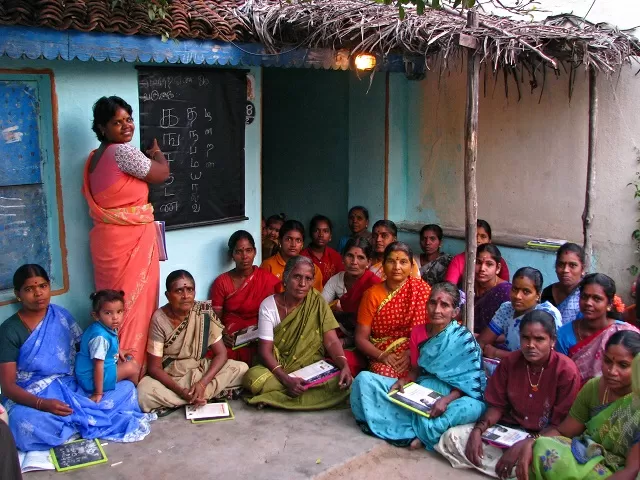Description

Copyright infringement is not intended
Connected to: Prelims, GS 2 and GS 3
Context: 'New India Literacy Programme” a new Adult Education scheme announced by Union Government
Details:
- New India Literacy Programme (2022-2027) to cover all the aspects of Adult Education mentioned in the National Education Policy 2020 and Budget Announcements 2021-22.
- The National Education Policy 2020 has also recommended to promote Adult Education.
Objectives of the Scheme:
- Provide Foundational literacy and numeracy.
- Promote Critical life-long skills; such as Financial literacy, Digital literacy, Commercial skills, Health care awareness, Child care, informal education, and Family welfare.
- Non-literates of the age group of 15 years and above will be covered in all State/UTs.
- Target to cover 5 crore learners (or 1 crore per year) by using “Online Teaching, Learning and Assessment System (OTLAS)” in collaboration with National Informatics Center.
Features of the Scheme:
- The Term “Adult Education” used in earlier Programmes is replaced by the term “Education For All”.
- The scheme will be implemented through Community Participation.
- All types of materials and resources shall be provided through digital platforms.
- Adopt different strategies for different age groups.
- States/UTs will be provided flexibility to adopt innovative activities.
- Performance Grading Index (PGI) will show the performance of States and UTs at district level through the UDISE portal.
- Priority in Literacy:
- The age group of 15-35 years will be covered first.
- Priority will be given to Girls and women.
- Focus on SCs, STs, OBCs, Minorities, Persons with Special Needs (Divyangjans), Construction workers, laborers, etc.
- Special Focus on:
- Aspirational Districts
- Districts with literacy rates less than the National/State average.
- Districts with female literacy rates less than 60% as per the 2011 Census.
https://www.pib.gov.in/PressReleasePage.aspx?PRID=1798805










